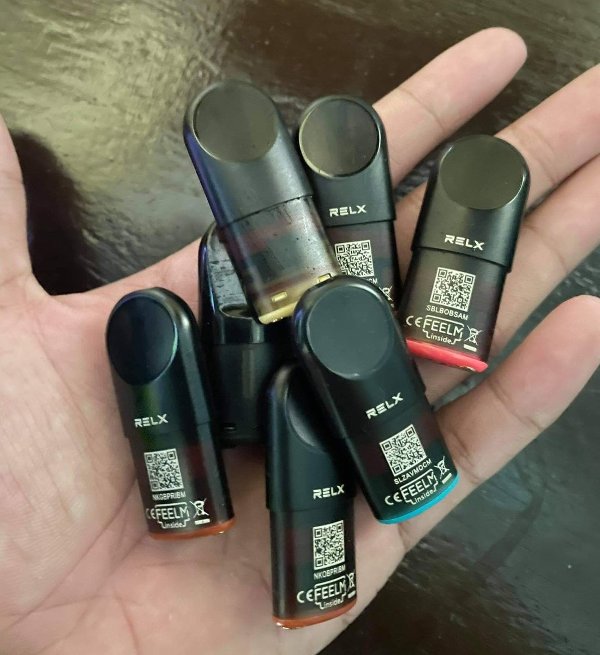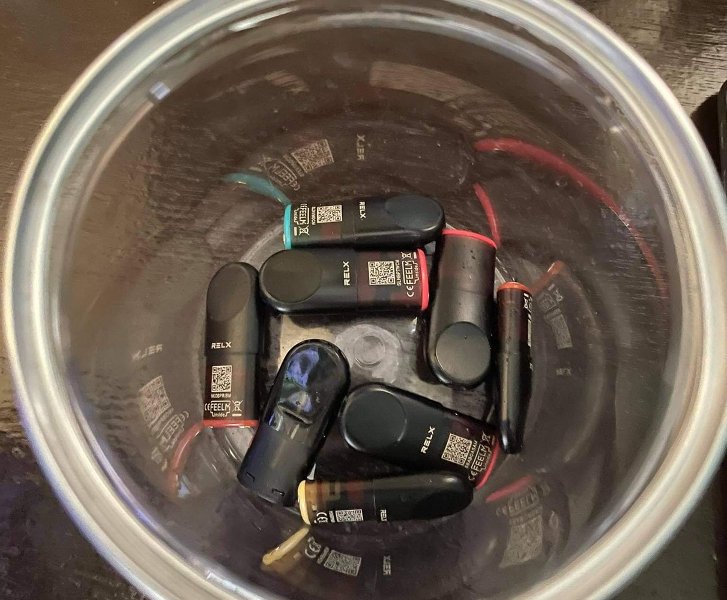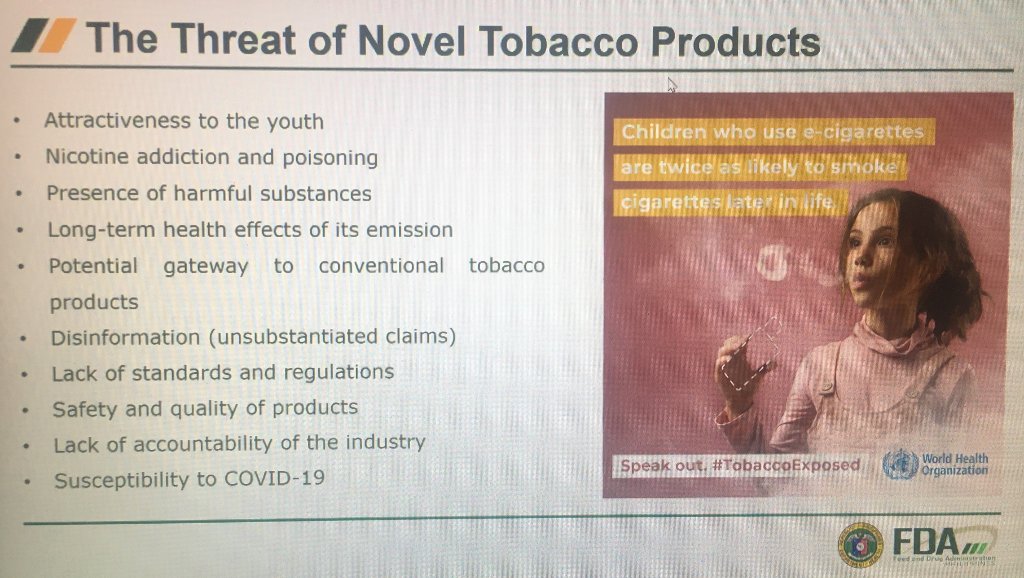I distinctly remember my first time smoking a cigarette.
During my sophomore year in high school, a classmate invited me and three others to his Quezon City village after class to smoke. Despite obviously underaged, we — four teenage boys, still in school khakis and undershirts — easily purchased a pack of Marlboro Reds at a village store.
In a secluded spot inside the village, we huddled over a single cigarette pack in its iconic red and white and opened the pack. This particular classmate, who had already been smoking for over a year, walked us through.
Smoking my first (half) cigarette was not a pleasant experience.
While I enjoyed the sweet scent of unlit tobacco leaves, inhaling the burnt product left me with a “buzz” or a feeling of lightheadedness, which is common among new smokers, and sometimes nausea. This would not deter me.
Smoking brought a rush of excitement, and I picked up the habit.
It was not the high of smoking tobacco, but the act of smoking itself that I initially found appealing. It felt empowering to take up a vice most of my peers at the time actively avoided.
Soon, I developed an addiction to it.
Heading to my high school graduation at 17, I was smoking two packs of 20 cigarettes each per day. A hidden compartment inside my backpack would reveal an assortment of cigarette packs and neon-colored lighters, evidence of how I squandered my mother’s hard-earned money. The vice put a strain on my finances. At my worst, cigarettes took up nearly half my weekly allowance meant for food and other necessities.
I have been asked by peers over the years why I smoke, and I have given the same response: it brings a sense of comfort.
It has brought much-needed comfort before facing difficult tasks or social situations, during sleepless nights, and after bad presentations.
Cigarettes were companions.
A love-hate relationship with tobacco
Now at 23, I have tried and failed several times to quit nicotine use, specifically smoking and vaping, for good. My health and finances pushed me to try quitting.
According to the World Health Organization (WHO), smoking cigarettes increases the risk of several types of cancer and other respiratory illnesses. This is clearly not an appealing prospect. In my bouts with smoking, I have dealt with bad coughing fits and difficulty breathing, so I imagine the worst has yet to come.
It has also become financially unsustainable to keep the vice. Starting out, I could do with buying cigarette sticks from street vendors, but the need grows. Having a ready pack at any given time becomes a necessity, which is incompatible with a student budget.
But sometimes, impulse takes the wheel. The difficulty lies in consciously, consistently choosing to kick the habit despite easy access and company that does otherwise.

Different but the same
I decided to switch to a brand of electronic cigarettes, and while they’re marketed as a safer alternative, they are by no means less addictive or expensive.
It was a seeming bargain. A “pod” or a cartridge is about P100 more expensive than a pack of cigarettes, but would last me an entire week. But with constant use, this time period was reduced to over two to three days.
I used it everywhere. I would have it on hand during drives, while in bed, in the restroom, and during meals. It was simply convenient to have the same nicotine fix with a wider variety of flavors, and without worrying about the lasting scent or aftertaste of burnt tobacco.
These electronic cigarettes or electronic nicotine delivery systems (ENDS), along with heated tobacco products (HTPs), are subjects of a recent legislation. Last May, the House of Representatives approved House Bill (HB) 9007 or the Non-Combustible Nicotine Delivery Systems Regulation Act on its third and final reading.
One of the provisions of the bill lowers the minimum age to purchase ENDS and HTPs from 21 to 18. Also, unlike other more stringent bills proposed, HB 9007 allows for online advertisement and sale of these products.
Lowering the minimum age, according to supporters of the bill, provides a safer alternative to smoking among the youth that can eventually lead to cessation.
But the US Centers for Disease Control and Prevention (CDC) says that evidence pointing to the use of e-cigarettes increasing smoking cessation is inconclusive.
High levels of nicotine found in these are also harmful to brain development, which is complete only at 25 years old, according to the CDC.
This is not responsible legislation. This is nothing less than exposing young adults to a new avenue for addiction.
These products are currently available to working-age individuals. If they choose to ingest chemical-laden aerosols after properly weighing in the risks, that is on them. But that choice should not be left to fledgling adults.
This August marks my eighth year using nicotine products.

Used cartridges from a newly discovered, equally addicting vice
I have used a variety of these products, including different brands and types of cigarettes, cigars, e-cigarettes, and vapes. I may not be overly concerned with my personal health at present, but I dread the health conditions years of ingesting harmful chemicals may bring later.
If legislators truly have their constituency’s health at the forefront of their priorities, then passing a bill that can very likely compound the risk of nicotine addiction among the youth, along with corresponding health risks, is a step in the wrong direction.
Smoking—whether in the form of combustible cigarettes, HTPs, or ENDS—is simply not risk-free. There are no two ways about it.
References:
Bajo, A.F. 2021. House approves bill on regulated sale, use of e-cigarettes. GMA News Online. https://www.gmanetwork.com/news/news/nation/788125/house-approves-bill-on-regulated-sale-use-of-e-cigarettes/story/
Centers for Disease Control and Prevention. 2021. About Electronic Cigarettes (E-Cigarettes). CDC. https://www.cdc.gov/tobacco/basic_information/e-cigarettes/about-e-cigarettes.html
House Bill 9007. https://www.congress.gov.ph/legisdocs/third_18/HBT9007.pdf
World Health Organization. 2020. Tobacco. WHO https://www.who.int/news-room/fact-sheets/detail/tobacco



